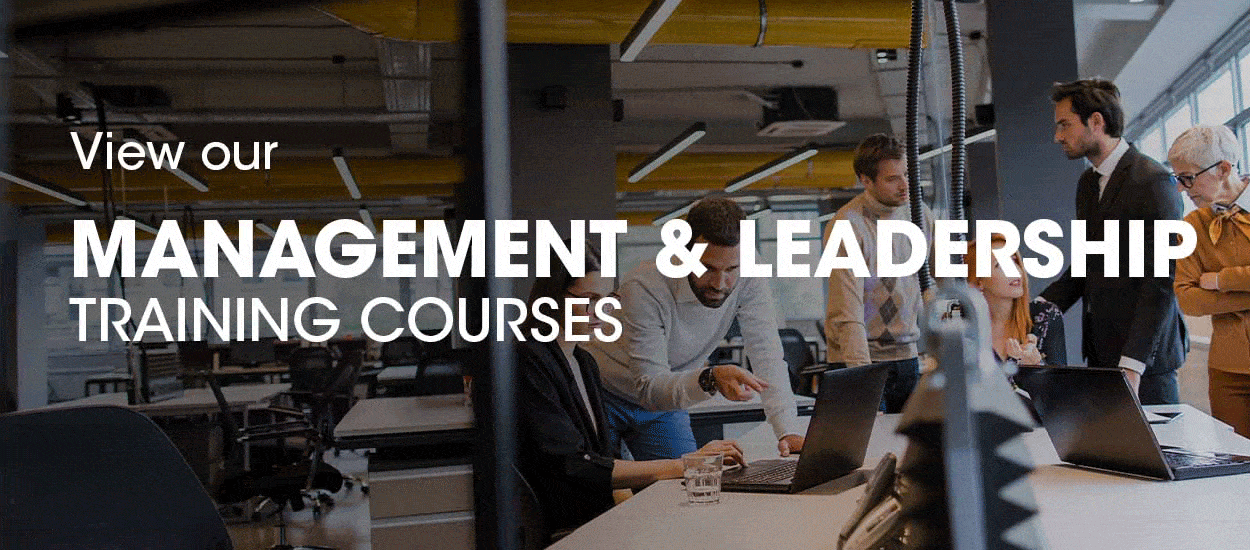
Navigating the Future: Soft Skills in the Age of AI
3 mins readArtificial intelligence (AI) is rapidly transforming the world of work, automating tasks, reshaping industries, and raising questions about the future of human employment. While some fear that AI will make human skills obsolete, the reality is quite the opposite. In this age of intelligent machines, soft skills are becoming more critical than ever. They are the uniquely human abilities that will allow us to collaborate effectively with AI, adapt to evolving roles, and thrive in the workplace of tomorrow.
-
Complex Problem-Solving: Thinking Beyond the Algorithm
AI excels at data analysis and identifying patterns, but it often struggles with novel situations and nuanced problems. Humans, with their capacity for critical thinking, creativity, and contextual understanding, will be essential for tackling complex challenges that require innovative solutions and “out-of-the-box” thinking. (Explore Our: Problem Solving Training Course)
-
Creativity & Innovation: The Human Spark
While AI can generate outputs based on existing data, true creativity and innovation require human imagination, intuition, and the ability to connect seemingly disparate ideas. These are the qualities that will drive the development of new products, services, and solutions in an AI-driven world. (View: Innovation Training Courses)
-
Critical Thinking & Judgment: Deciphering the Data
AI can provide us with vast amounts of information, but it’s up to humans to interpret that data, discern its relevance, and make informed judgments. Critical thinking skills will be essential for evaluating AI-generated insights, identifying biases, and ensuring that technology is used responsibly. (Check Course: Mastering Negotiation, Persuasion & Critical Thinking)
-
Communication & Collaboration: Bridging the Human-Machine Divide
As AI becomes more integrated into the workplace, the ability to communicate effectively with both humans and machines will be paramount. We’ll need to clearly articulate our needs to AI systems, understand their outputs, and collaborate seamlessly with them to achieve shared goals. (View: Interpersonal & Communication Skills Training Courses)
-
Emotional Intelligence (EQ): The Human Touch
In a world increasingly dominated by technology, emotional intelligence will be a key differentiator. Empathy, social awareness, and the ability to manage emotions will be crucial for building strong relationships, leading teams effectively, and navigating the complex social dynamics of the future workplace. (Check: Artificial Intelligence (AI) Training Courses)
-
Adaptability & Learning Agility: Staying Ahead of the Curve
The rapid pace of technological change means that we must be lifelong learners, constantly adapting to new tools, processes, and roles. Adaptability, resilience, and a growth mindset will be essential for staying relevant and thriving in the age of AI. (Check: Adaptability and Flexibility Strategies: Agile Thinking in Action)
-
Leadership & Influence: Guiding the Way
As AI takes on more routine tasks, human leaders will need to focus on inspiring, motivating, and guiding teams through periods of change and uncertainty. Strong leadership skills will be crucial for fostering collaboration, driving innovation, and ensuring that AI is used in a way that benefits humanity.
-
Ethical & Moral Reasoning: Navigating Uncharted Territory
AI raises complex ethical questions about bias, privacy, and the responsible use of technology. Humans, with their capacity for moral reasoning and ethical judgment, will be essential for navigating these uncharted territories and ensuring that AI is developed and used in a way that aligns with our values.
-
Interpersonal Skills: Building Connections in a Digital World
While technology connects us in many ways, it can also lead to a sense of isolation. Strong interpersonal skills, including empathy, active listening, and the ability to build rapport, will be more important than ever for fostering meaningful connections and creating a sense of community in the digital age.
-
Cultural Intelligence: Thriving in a Globalized World
AI is connecting people from all over the world, making cultural intelligence a crucial skill for navigating diverse teams and global markets. The ability to understand and appreciate different cultures will be essential for fostering collaboration, building trust, and achieving success in an increasingly interconnected world. (Check: Developing your Cultural Intelligence (CI) & Leading in a Global Organisation)
The Future is Human:
The rise of AI is not a threat to human employment; it’s an opportunity to redefine the nature of work. By focusing on developing these essential soft skills, we can position ourselves to thrive in the age of AI, collaborating with intelligent machines to solve complex problems, drive innovation, and build a better future for all.
Ready to future-proof your career? Explore COPEX’s range of Soft Skills courses and develop the human abilities that will be essential in the age of AI.





